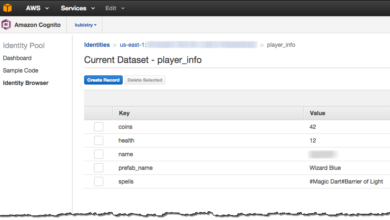What is a management expense ratio (MER)?
What is a management expense ratio (MER)?
To pay for costs related to the value and benefits of a mutual fund, like client statements and the advice you get from an advisor, most funds charge an ongoing fee called a management expense ratio (MER).
The MER includes all the costs of managing a mutual fund including operating expenses and taxes.
You don’t pay the MER directly. It’s paid by the fund itself.
You can find a fund’s MER in the most recent Management Report of Fund Performance (MRFP).
To see a breakdown of a fund’s management fee, commissions and operating expenses, check the fund’s simplified prospectus.
How MERs work
MERs are expressed as a percentage of the average dollar amount of a mutual fund investment. For example, if you invested $10,000 in a Canadian balanced fund, with a MER of 2.5%, the fee would be about $250.
Based on that amount, here’s an approximate breakdown of what it covers:
- $121: Fund research, analysis, insight and the expertise of investment managers
- $26: Processing your mutual fund investment, including quarterly statements
- $74: The ongoing financial planning advice of your investment representative
- $29: Taxes
When you invest in mutual funds through a group savings plan, you’ll usually pay lower management fees when compared to investing to the same funds in an individual plan or account.
Why do mutual funds have MERs?
Funds have MERs so they can provide value and benefits to investors including:
Management fee
This pays for professional investment management, fund supervision, operational administration and customer support. This includes:
- The specialized skills and education of the portfolio manager and a team of analysts
- Research reports and specialized analysis tools and data
- The time mutual fund managers spend researching and analyzing current and potential mutual fund holdings
Commissions
This is compensation paid to the investment dealer organization and the advisor who provides the investor ongoing advice and service.
Operating and administrative costs
Every mutual fund pays a fee for day-to-day expenses that include:
- Financial reports, tax slips and statements
- Accounting and fund valuation costs
- Fees for holding investor securities for safekeeping to minimize the risk of loss or theft
- Audit and legal fees
- Preparation of reports and prospectuses and costs to file them with mutual fund regulators
Factors to consider when choosing a mutual fund
- Your investing goals and risk tolerance
- The fund management style (active or passive)
- The type of fund – large cap, small cap, value, growth, income, sustainable
- The fees charged by the fund versus the past performance




